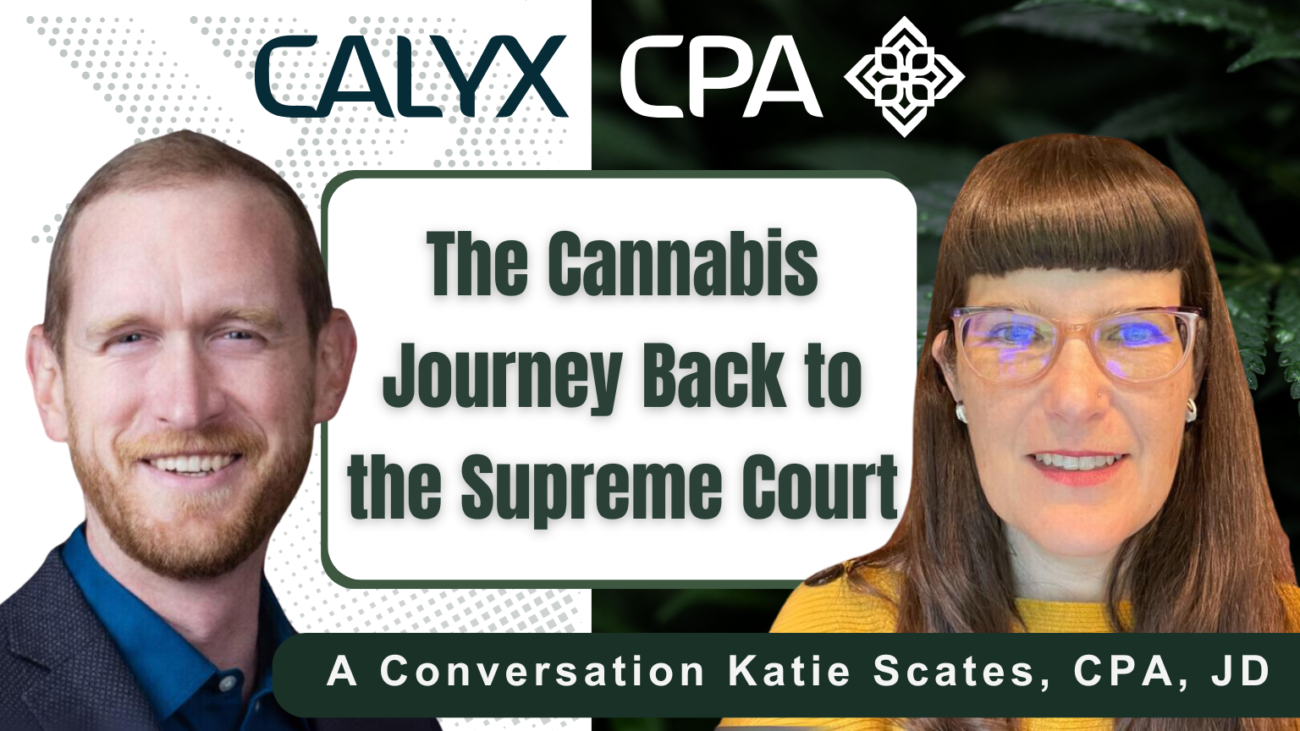Advocating for Flexibility: Oregon's Psilocybin Industry Must Adapt to Stay Ahead

To the Oregon psilocybin industry, the upcoming public comment period offers a critical opportunity to advocate for more flexible regulations that align with Colorado’s model and maintain Oregon’s advantage as a pioneering state in this field. As Colorado finalizes its Natural Medicine Health Act, several provisions might challenge Oregon’s first-to-market position if not addressed proactively.
Here are key points to consider:
1. Expand the Scope of Allowed Activities and Substances: Although Colorado’s framework currently focuses on psilocybin, it’s poised to expand to other natural medicines, like DMT, ibogaine, and certain forms of mescaline. Advocating for a similar framework in Oregon could position the state to support a broader spectrum of natural medicines. This could help Oregon maintain its role as a leader in plant medicine, offering diverse therapeutic options and attracting practitioners and clients from other states.
2. Allow for Flexibility in Service Settings: Colorado permits licensed facilitators to operate outside of designated healing centers, enabling them to provide services in homes, healthcare facilities, and other community settings. This flexibility enhances accessibility and affordability for clients. Oregon’s strict requirement for services to be performed exclusively in licensed service centers could limit access and create higher costs. By expanding the types of permissible service settings, Oregon can ensure broader, more equitable access across the state.
3. Local Control: Colorado’s regulations prevent local governments from entirely prohibiting healing centers but allow them to regulate time, place, and manner of operations. In Oregon, several local jurisdictions have opted out, reducing accessibility for some residents. A statewide policy preventing outright bans but allowing local time and manner restrictions could increase service availability and foster greater industry growth in Oregon.
4. Decriminalization of Personal Use: Colorado has decriminalized personal possession, cultivation, and use of natural medicines like psilocybin, which allows adults 21 and older to possess and use these substances without criminal penalties. While Oregon initially passed Measure 110, which decriminalized small quantities of controlled substances, this has since been repealed, making even small quantities of psychedelics illegal once more. To maintain Oregon’s progressive stance on natural medicine, the state should consider adopting a targeted decriminalization policy specifically for psychedelics, aligning more closely with Colorado’s approach. This move would support safe personal use, encourage responsible exploration of plant medicines, and reduce unnecessary criminalization for low-level possession.
5. Licensing Flexibility: Both states require separate licenses for cultivation, manufacturing, and administration, but Colorado allows licensed professionals from other industries (such as healthcare and mental health services) to operate within licensed healing centers. Oregon could benefit from similar provisions, allowing therapists, counselors, and other licensed professionals to offer complementary services within psilocybin centers. This could encourage a holistic approach to mental health, integrate broader professional expertise, and attract a diverse range of clients.
6. Cultural and Indigenous Sensitivity: Colorado has established a Tribal and Indigenous Working Group to prevent cultural misappropriation and promote respectful practices within the industry. Oregon could incorporate similar measures to ensure that the industry respects Indigenous traditions and involves communities in regulatory development. This approach not only acknowledges cultural heritage but also strengthens the ethical framework for natural medicine services.
By encouraging these adjustments, the Oregon psilocybin industry can leverage public feedback to adopt a more inclusive and flexible framework. This can help sustain Oregon’s competitive edge and expand its reach as other states begin to explore similar regulatory programs.
Sources: Zuber Lawler, “5 Takeaways from Colorado’s Proposition 122 – The Natural Medicine Health Act” – Highlights the provisions for personal use, flexibility in service locations, and future potential expansion to other substances under the NMHA.
Vicente LLP, “The Ultimate Guide to SB23-290, Colorado’s Natural Medicine Regulation and Legalization Bill” – Details on the regulatory framework for licensed facilitators, Indigenous and cultural sensitivity provisions, and licensing structures for natural medicines.
Healing Maps, “Psilocybin Laws in Colorado and Oregon: What’s the Difference?” – Compares Oregon’s psilocybin regulations to Colorado’s, covering topics like local control, decriminalization, and service settings.













